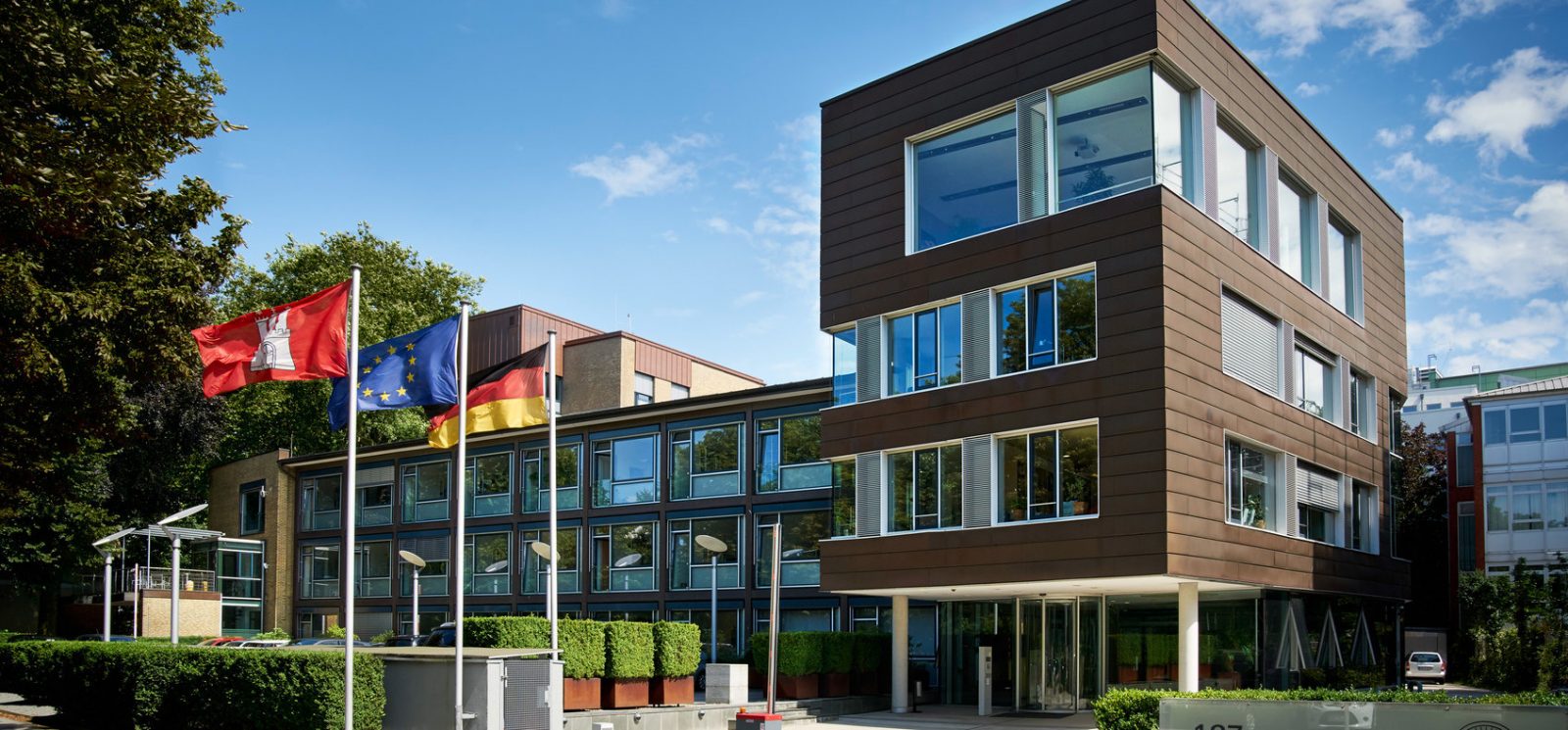From the European Single Market to the global interweaving of multi-national businesses or financial firms to our increasingly international everyday lives, the world around us is steadily converging. At the same time, our laws are encountering the limits of their application. The Max Planck Institute for Comparative and International Private Law embraces the task of critically studying the social, economic and legal challenges of globalization.
Comparative analysis of law is at the heart of the Institute’s scholarship. By applying this method, Institute researchers aim to determine the differences and similarities among the world’s legal systems. Comparative analysis enables them to distill findings on the development, classification and function of both domestic and foreign law. In turn, these findings become the basis of proposals furthering the development, harmonization and unification of law—at the European as well as global level.
Starting from an analysis of the differences and commonalities among legal systems in Europe and around the world, the Institute studies the interrelationships among private rule-formation, national legal systems, supranational law and intergovernmental agreements. The Institute’s research also serves to establish foundations for international understanding of law and develop rules and instruments to better coordinate the application of national legal systems to cross-border matters.
